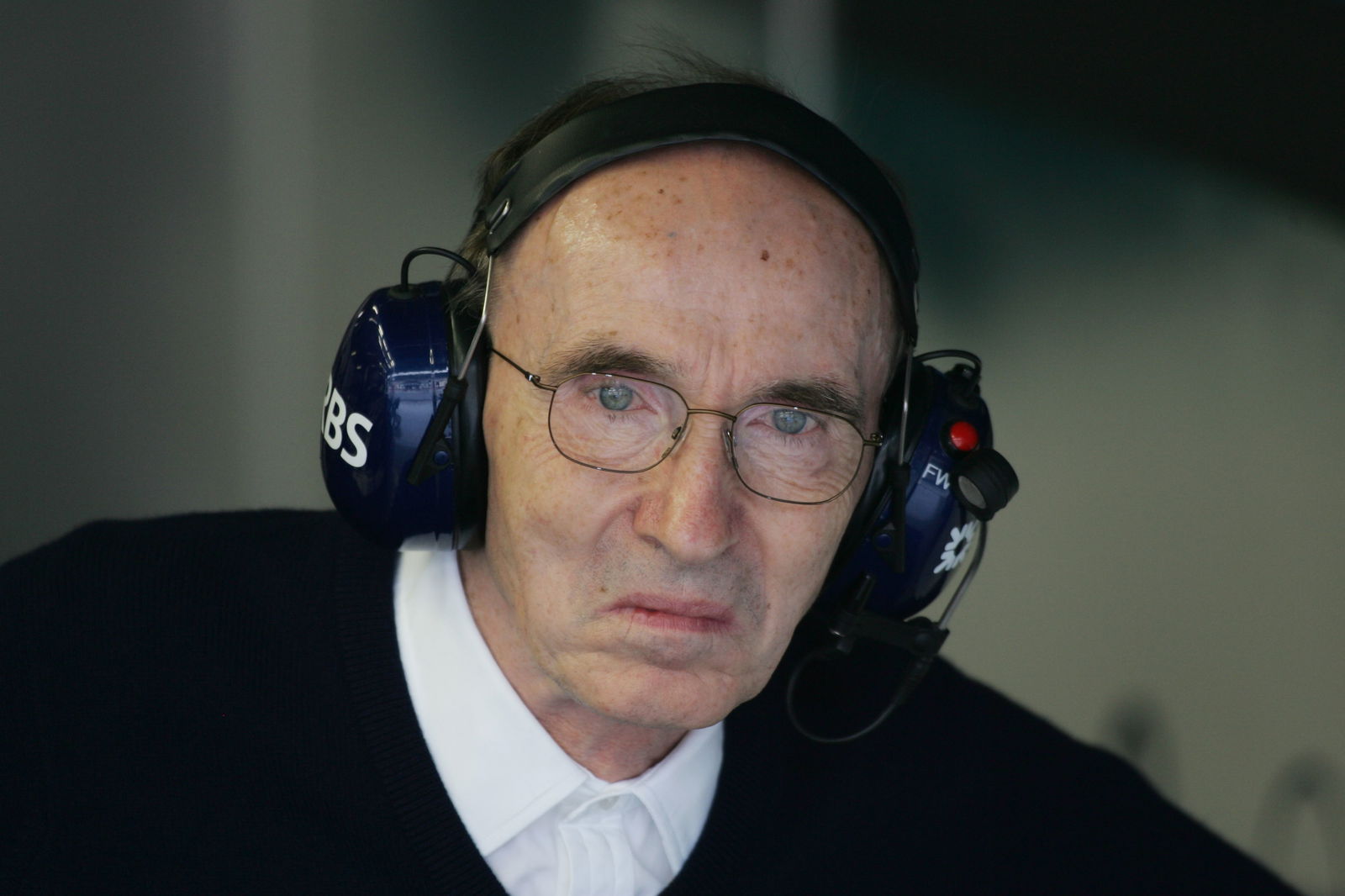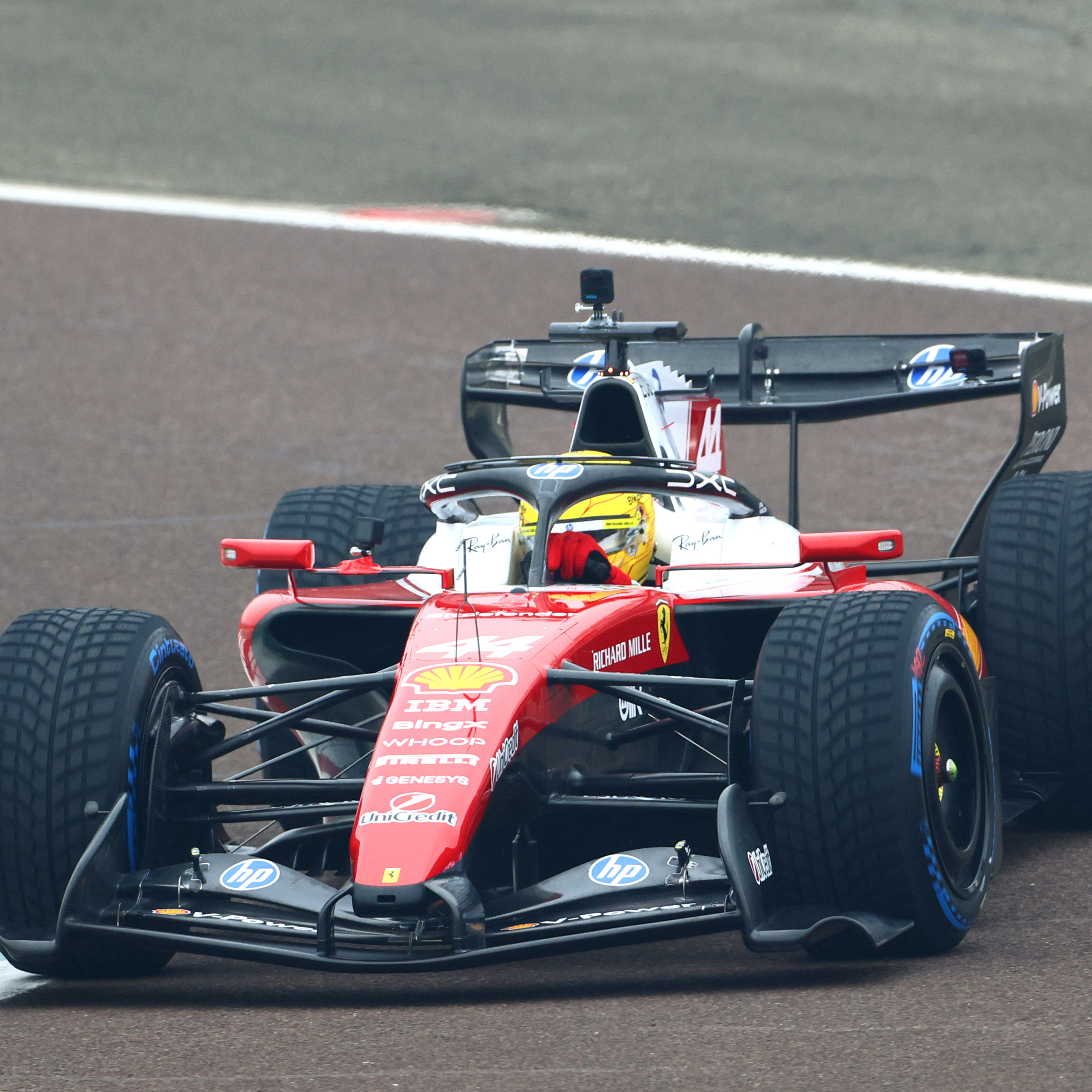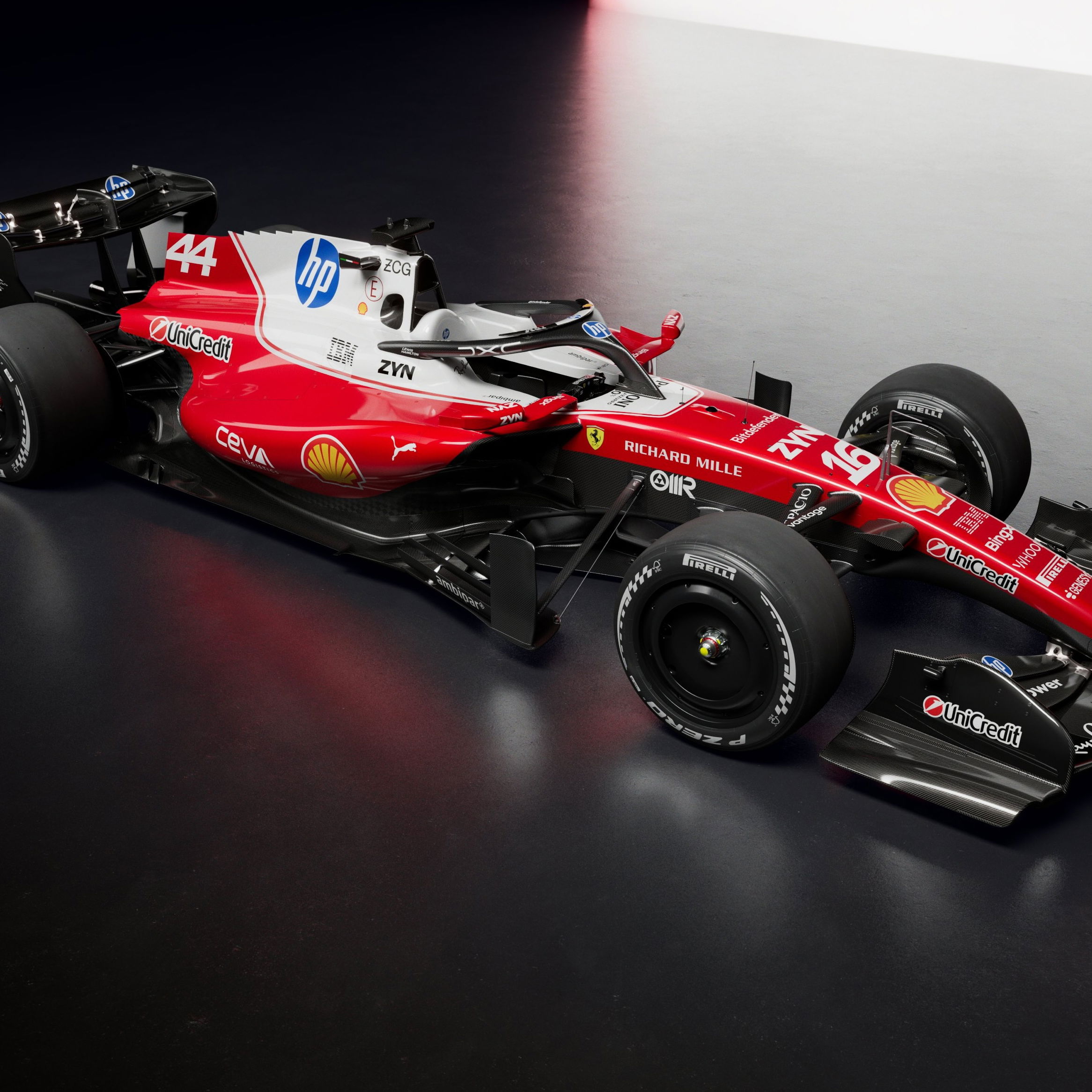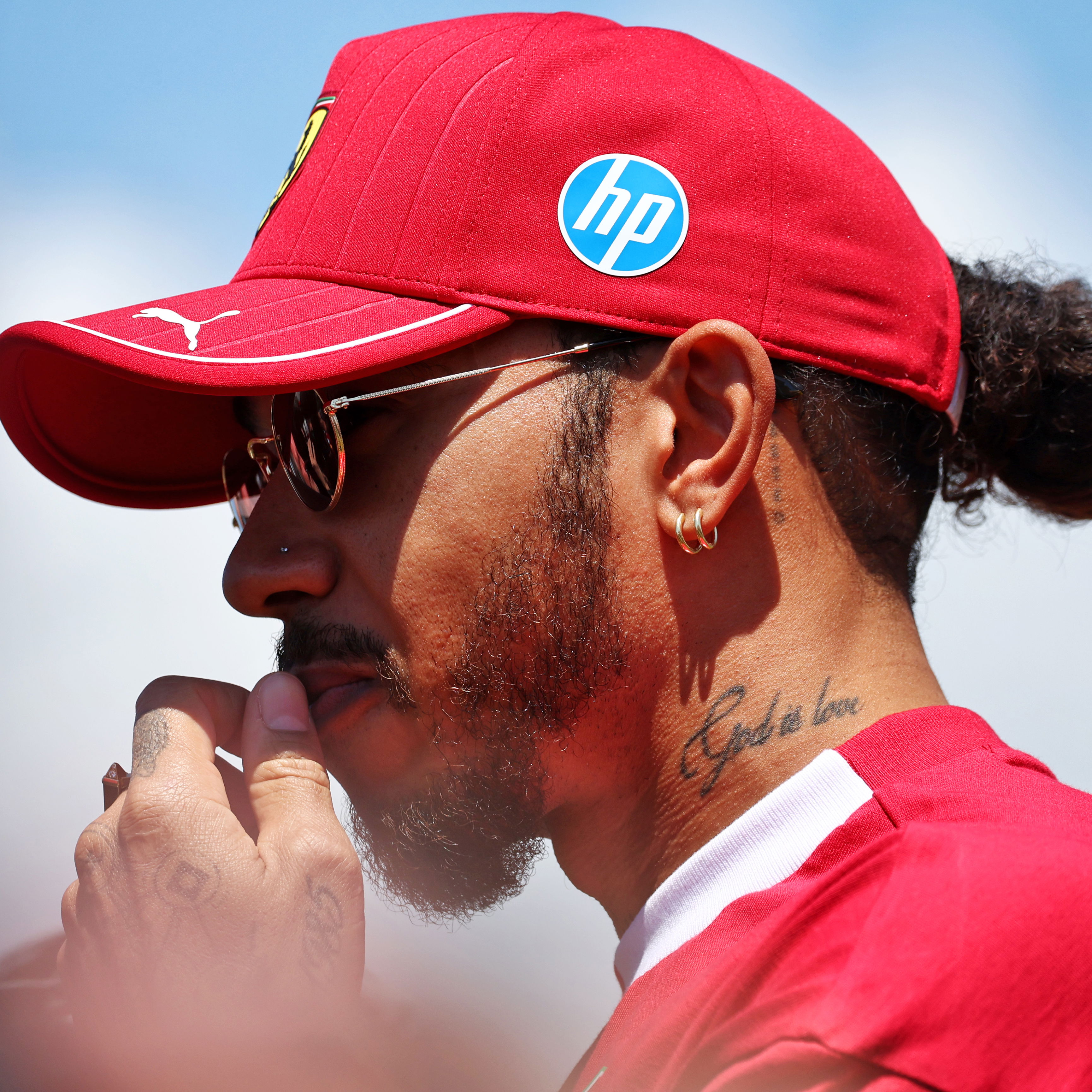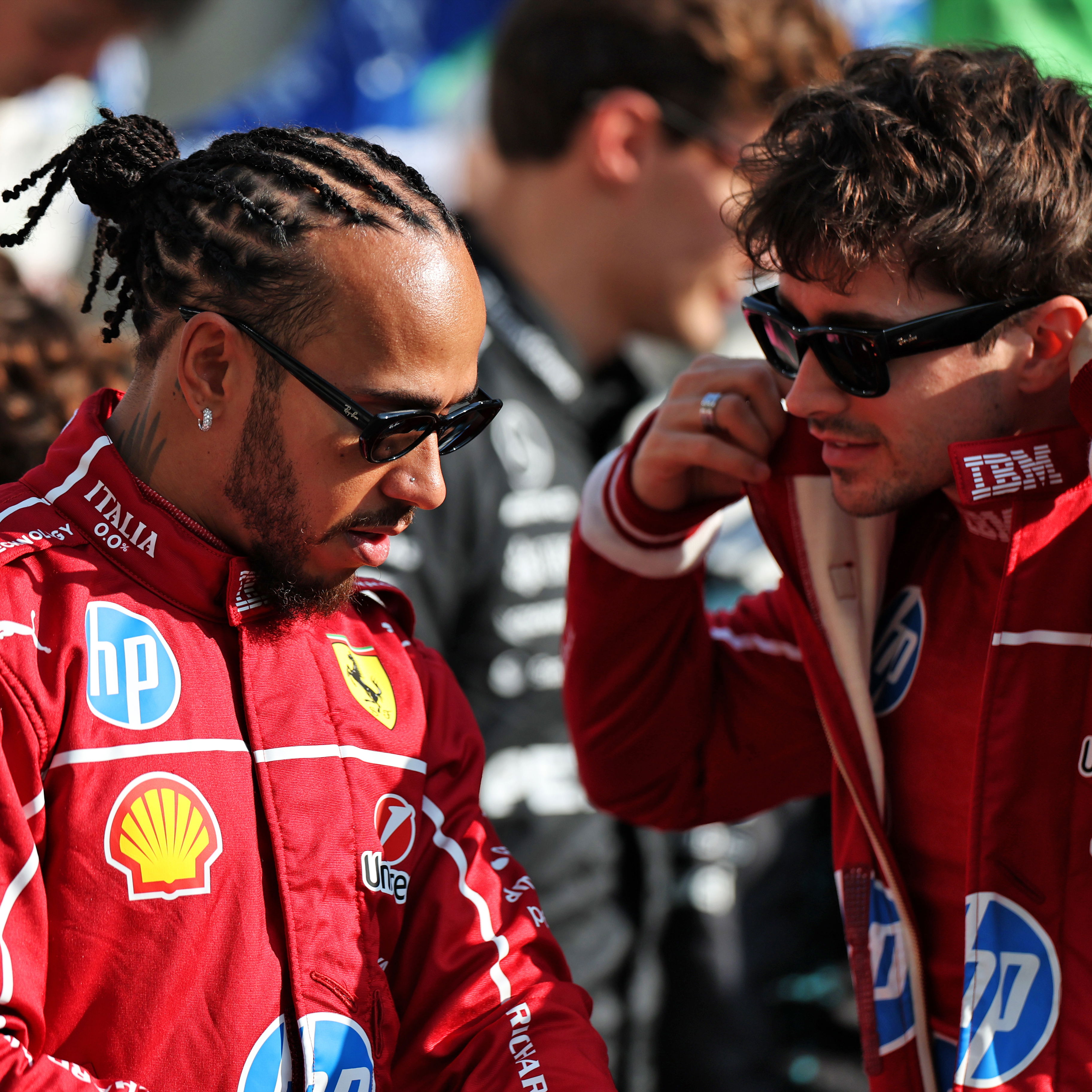Most race wins will decide 2009 F1 World Championship
The driver with the most race wins to his name will be crowned 2009 Formula 1 World Champion, it has been announced, after the FIA revealed its definitive list of cost-cutting and interest-enhancing measures to be implemented during the forthcoming campaign.
The driver with the most race wins to his name will be crowned 2009 Formula 1 World Champion, it has been announced, after the FIA revealed its definitive list of cost-cutting and interest-enhancing measures to be implemented during the forthcoming campaign.
Whilst the Formula One Teams' Association (FOTA) had proposed a new 12-9-7-5-4-3-2-1 points system and Formula One Management (FOM) chief executive Bernie Ecclestone favoured an Olympic Games-style provision of medals to the top three finishers in each grand prix, the sport's governing body has ultimately elected to retain the current format - with a twist.
'The WMSC accepted the proposal from Formula One Management to award the drivers' championship to the driver who has won the most races during the season,' read an official statement issued following today's reunion of the World Motor Sport Council in Paris.
'If two or more drivers finish the season with the same number of wins, the title will be awarded to the driver with the most points, the allocation of points being based on the current 10, 8, 6 etc. system.
'The rest of the standings, from second to last place, will be decided by the current points system. There is no provision to award medals for first, second or third place. The constructors' championship is unaffected.
'The WMSC rejected the alternative proposal from the Formula One Teams' Association to change the points awarded to drivers finishing in first, second and third place to 12, 9 and 7 points respectively.'
Had such a format been in place in 2008, it would have meant that Ferrari ace Felipe Massa rather than McLaren-Mercedes star Lewis Hamilton lifted the laurels at season's end, by dint of six triumphs to five, even though the Brazilian scored one point less than his British rival in the final reckoning.
The new system could, however, remove much of the suspense of the title chase later on in proceedings, should one driver be uncatchable in terms of race victories as the campaign nears its conclusion.
In terms of testing, meanwhile, in news that will come as a boost to those bidding to graduate to the top flight it was decided that teams can henceforth conduct three one-day young driver training tests between the last race on the schedule and the end of the calendar year.
Drivers will be eligible only if they have not competed in more than two world championship events in the preceding 24 months or tested an F1 car on more than four days over the same 24-month period.
Teams can also now carry out eight one-day aerodynamic tests on FIA-approved straight-line or constant radius sites between 1 January, 2009 and the final grand prix of the campaign, mitigating to some extent the new in-season testing ban introduced this year.
